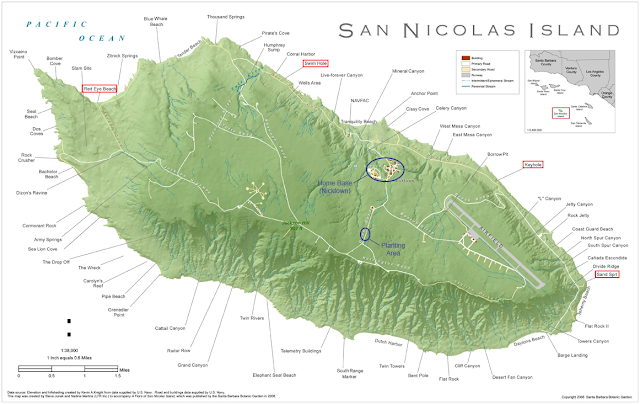Aliens in a land we call our own
You don't have to watch anime for long before you encounter stories about yokai (also known as ayakashi), the various ghosts and otherworldly creatures said to inhabit the Japanese islands, just beyond the range of normal human sight. Some of my all-time favorites feature them, including the long-running GeGeGe no Kitaro, currently in its sixth incarnation.

A common feature in these shows is that the main characters often get into trouble and have to turn to some elder-figure - a grandparent or grandparent stand-in, usually - who knows the old stories about the creatures who lived with humans during the old times, before science and technology came along and drove magic away. That trope isn't unique to Japan, of course. It's been a regular feature in European stories too, and I expect it's in stories from Africa and other parts of Asia as well. Here in America, though, we have a problem.
Here in America, any magical creatures from the old times wouldn't be "our" creatures. Not unless we were Native Americans. Here in Ventura County, if I needed an elder-figure to explain magical creatures to me, I'd need someone from the Chumash tribe. Any magical creatures still hiding out somewhere would know their ancestors, not mine.
James Baldwin often wrote that slavery robbed African-Americans of their heritage, that for most African-Americans, their roots end at the bill of sale for the ancestors who were brought here in the slave trade. But to varying degrees, the rest of us aren't much better off. Any attachment we have to this land only reaches back a few centuries at most, and beyond that we're attached to other lands, in faraway places. In the grand scheme of history, we are still the newcomers here. We call this land "ours," but we're really still aliens.
I've thought about this idea from time to time. In the Mathematical Nights books, Lennie encounters a few payiihsa, mischievous little people from Algonquian folktales. I also worked on an idea where Robin Goodfellow (aka "Puck") came over from England and teamed up with a Native coyote spirit to wreak havoc at a Renaissance Faire, but alas, that story never came together. Maybe I'll pick up the theme again once I'm done with my math history plans. It could be interesting.

A common feature in these shows is that the main characters often get into trouble and have to turn to some elder-figure - a grandparent or grandparent stand-in, usually - who knows the old stories about the creatures who lived with humans during the old times, before science and technology came along and drove magic away. That trope isn't unique to Japan, of course. It's been a regular feature in European stories too, and I expect it's in stories from Africa and other parts of Asia as well. Here in America, though, we have a problem.
Here in America, any magical creatures from the old times wouldn't be "our" creatures. Not unless we were Native Americans. Here in Ventura County, if I needed an elder-figure to explain magical creatures to me, I'd need someone from the Chumash tribe. Any magical creatures still hiding out somewhere would know their ancestors, not mine.
James Baldwin often wrote that slavery robbed African-Americans of their heritage, that for most African-Americans, their roots end at the bill of sale for the ancestors who were brought here in the slave trade. But to varying degrees, the rest of us aren't much better off. Any attachment we have to this land only reaches back a few centuries at most, and beyond that we're attached to other lands, in faraway places. In the grand scheme of history, we are still the newcomers here. We call this land "ours," but we're really still aliens.
I've thought about this idea from time to time. In the Mathematical Nights books, Lennie encounters a few payiihsa, mischievous little people from Algonquian folktales. I also worked on an idea where Robin Goodfellow (aka "Puck") came over from England and teamed up with a Native coyote spirit to wreak havoc at a Renaissance Faire, but alas, that story never came together. Maybe I'll pick up the theme again once I'm done with my math history plans. It could be interesting.



Comments